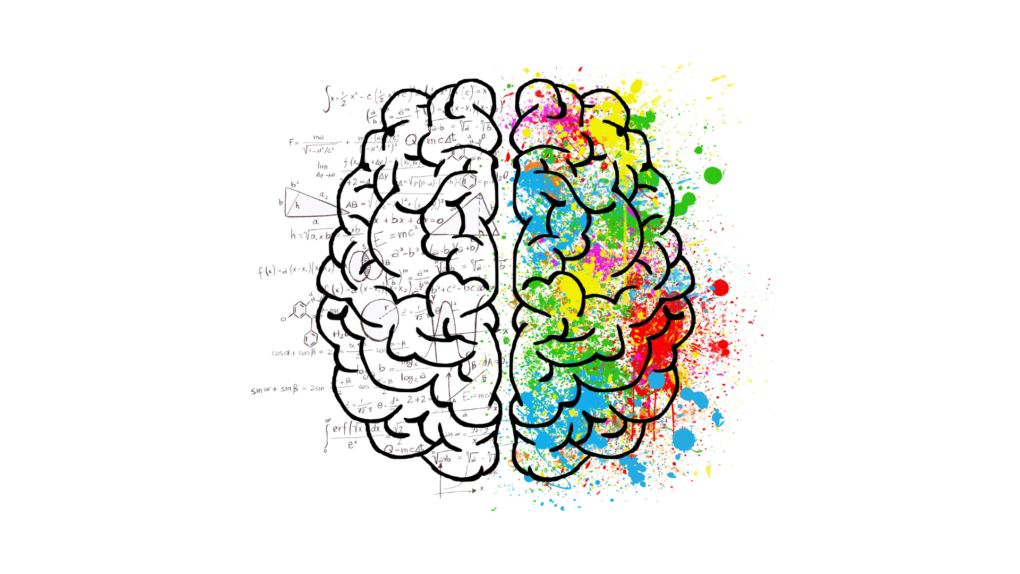Introduction
Psychology, the scientific study of human behavior and mental processes, is a fascinating and multidimensional subject that captivates the curiosity of many. Whether you are a student looking to explore the world of psychology, a professional seeking to enhance your knowledge, or simply someone interested in understanding human behavior better, finding the right resources is crucial. Books can be an excellent starting point for beginners in psychology, providing a comprehensive and accessible introduction to this complex field. In this article, we will explore some of the best books on psychology for beginners, covering a wide range of topics and perspectives.
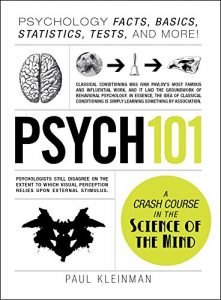
1. “Psych 101: Psychology Facts, Basics, Statistics, Tests, and More!” by Paul Kleinman
“Psych 101” is an excellent entry point for anyone venturing into the world of psychology for the first time. Paul Kleinman presents the fundamental concepts, historical perspectives, and research methodologies in a clear and engaging manner. The book covers a wide range of topics, from the history of psychology to the different branches and subfields, making it an ideal choice for those seeking a comprehensive overview.
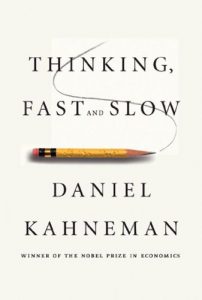
2. “Thinking, Fast and Slow” by Daniel Kahneman
Nobel laureate Daniel Kahneman takes readers on a journey through the mind in “Thinking, Fast and Slow.” This thought-provoking book explores the two systems that drive the way we think: the fast, intuitive, and often emotional System 1, and the slow, deliberate, and logical System 2. Kahneman’s work delves into cognitive biases and decision-making processes, revealing how our minds can lead us astray. This book is an eye-opening read for understanding human cognition and behavior.
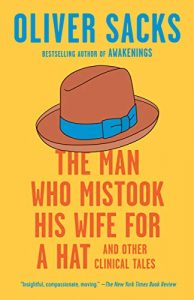
3. “The Man Who Mistook His Wife for a Hat” by Oliver Sacks
Oliver Sacks, a renowned neurologist, shares a collection of captivating clinical stories in “The Man Who Mistook His Wife for a Hat.” Each narrative offers insights into rare neurological conditions and the profound impact they have on human experiences. The book showcases the intricacies of the brain and how even the slightest malfunction can drastically alter perception and behavior.
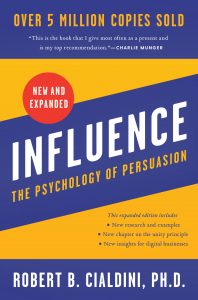
4. “Influence: The Psychology of Persuasion” by Robert B. Cialdini
Understanding the principles of persuasion is essential for comprehending human behavior and the ways in which we can be influenced. In “Influence,” Robert Cialdini breaks down six key principles of persuasion, including reciprocity, scarcity, and social proof. This book provides valuable insights into how marketers, advertisers, and even individuals use these principles to sway decision-making processes.
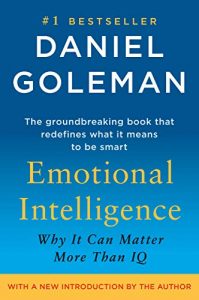
5. “Emotional Intelligence: Why It Can Matter More Than IQ” by Daniel Goleman
Daniel Goleman’s “Emotional Intelligence” is a groundbreaking work that explores the importance of emotional intelligence (EQ) in our lives. Goleman argues that EQ plays a crucial role in personal and professional success, often surpassing traditional measures of intelligence (IQ). The book delves into the science behind emotional intelligence, offering practical guidance on how to develop and apply these skills.
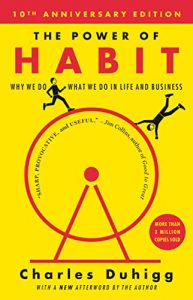
6. “The Power of Habit: Why We Do What We Do in Life and Business” by Charles Duhigg
Habits are an integral part of human behavior, and understanding how they work can lead to transformative changes in our lives. Charles Duhigg’s “The Power of Habit” explores the science of habits and how they can be formed, changed, or broken. With engaging case studies and real-life examples, Duhigg demonstrates how habits shape our daily routines, decision-making, and overall well-being.
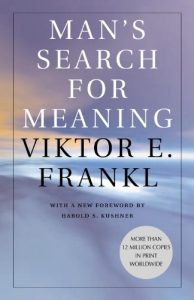
7. “Man’s Search for Meaning” by Viktor E. Frankl
“Man’s Search for Meaning” is not solely a psychology book, but it offers profound insights into the human psyche and the pursuit of meaning and purpose in life. Viktor Frankl, a psychiatrist and Holocaust survivor, shares his experiences in Nazi concentration camps and reflects on the importance of finding meaning even in the most challenging circumstances. This timeless work is a powerful testament to the resilience of the human spirit.
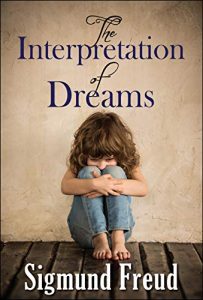
8. “The Interpretation of Dreams” by Sigmund Freud
Sigmund Freud is considered the father of psychoanalysis, and “The Interpretation of Dreams” is one of his most influential works. Although Freud’s ideas have been subject to criticism and revision over the years, this book remains a cornerstone in the history of psychology. It delves into the realm of dreams and their symbolic significance, offering a glimpse into the unconscious mind.
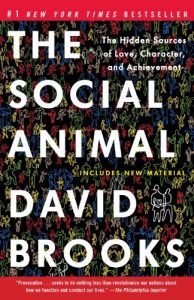
9. “The Social Animal: The Hidden Sources of Love, Character, and Achievement” by David Brooks
David Brooks presents a unique approach to understanding human behavior by combining social science research with storytelling in “The Social Animal.” Through the fictional life story of two characters, Brooks explores the impact of social and emotional influences on individual development, relationships, and success. This book provides an engaging and relatable perspective on psychology.
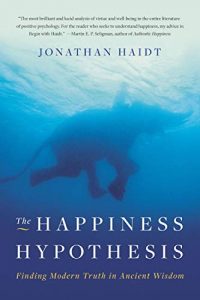
10. “The Happiness Hypothesis: Finding Modern Truth in Ancient Wisdom” by Jonathan Haidt
Drawing from ancient wisdom and modern psychological research, Jonathan Haidt’s “The Happiness Hypothesis” examines the factors that contribute to human happiness. Haidt explores various philosophical and psychological concepts, offering practical advice on leading a more fulfilling life. The book encourages readers to question their assumptions about happiness and well-being.
Conclusion
In conclusion, the world of psychology is vast and endlessly intriguing, and these books offer an excellent starting point for beginners to explore this captivating field. From understanding human cognition and behavior to delving into the complexities of emotions and habits, these books provide valuable insights that are relevant to both personal growth and professional development. Whether you are a psychology enthusiast or simply curious about the workings of the human mind, these books are sure to ignite your interest and expand your understanding of the fascinating realm of psychology.
Also Read- 10 Best Books on Strategic Thinking

